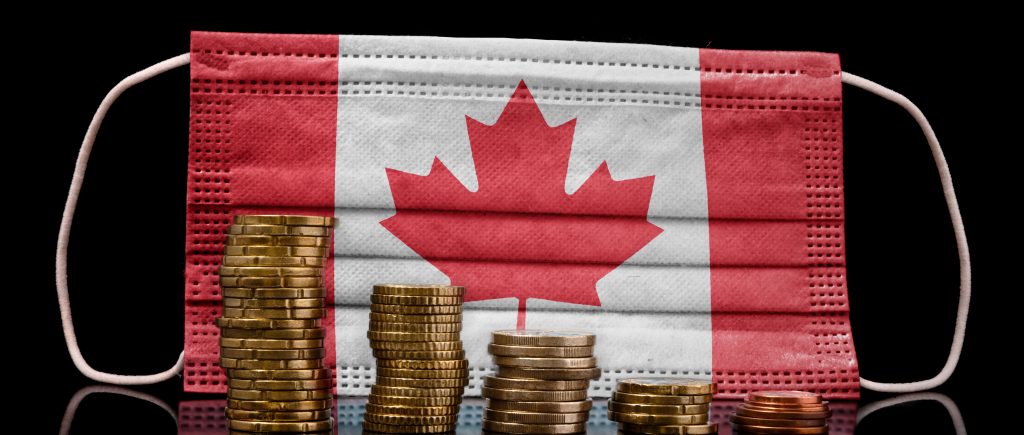Statistics Canada’s latest report revealed a softening in inflation for Canada, with the Consumer Price Index (CPI) showing a decrease to 2.9% on a yearly basis in January from 3.4% in December. This figure fell below market expectations, which were anticipating a rate of 3.3%. Additionally, on a monthly basis, the CPI remained unchanged, contrary to analysts’ estimates for a 0.4% increase.
Core CPI Shows Similar Trend
The annual Core CPI, which excludes volatile food and energy prices, also exhibited a decrease, standing at 2.4% in January compared to 2.6% in December. This moderation suggests a more stable underlying inflationary environment in Canada.
Market Reaction: Bearish Pressure on Canadian Dollar
The soft inflation readings had an immediate impact on the Canadian Dollar, as it came under bearish pressure. The USD/CAD pair rose by 0.2% on the day, reaching 1.3515 at the time of reporting. This movement reflects market concerns about the potential implications of subdued inflation on the Canadian economy and monetary policy outlook.
The US Dollar Index (DXY), which measures the value of the US Dollar against a basket of six major currencies, has recorded a fresh five-day low near 104.00. This decline suggests a weakening of the US Dollar relative to its major counterparts, possibly driven by expectations of prolonged low interest rates and a shift in investor sentiment towards riskier assets.
Implications for Monetary Policy and Economic Outlook
The softer-than-expected inflation figures may influence the stance of the Bank of Canada regarding monetary policy decisions. With inflationary pressures easing, policymakers may adopt a cautious approach, possibly delaying any tightening measures. Additionally, the report sheds light on the overall economic landscape, indicating areas of strength and potential challenges for policymakers and investors alike.
The decline in inflation in Canada, as indicated by the CPI and Core CPI figures for January, suggests a more subdued price environment than previously anticipated. This development has led to bearish pressure on the Canadian Dollar and may prompt adjustments in monetary policy strategies moving forward, highlighting the importance of monitoring inflation dynamics for market participants and policymakers.
 Noor Trends News, Technical Analysis, Educational Tools and Recommendations
Noor Trends News, Technical Analysis, Educational Tools and Recommendations





